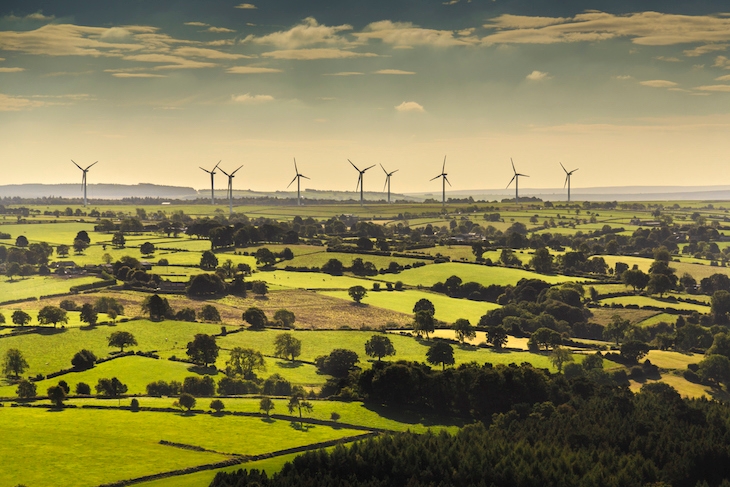I do find it odd that I’m so often having to write about the science of global warming, species extinction and ocean acidification because, though I’ve certainly acquired a pretty useful base knowledge over the years — superior, I’m guessing, to 97 per cent of scientists — it’s really not my main interest. What fascinates me far more is the way the faddish preoccupations of a few green cultists have somehow come to dominate our entire culture, corrupting the intellectual current, suborning institutions, crushing dissent — much as Marxist, fascist and Nazi ideologies did in the 20th century, only with rather more widespread success.
Let me give you a recent example of this: an article from the June Quarterly Bulletin of the Bank of England, titled ‘The Bank’s response to climate change’. Nothing wrong with the premise: it is indeed part of the Bank’s statutory duty to ‘identify, monitor and take action to remove or reduce risks that threaten the resilience of the UK financial system’. The problem, argues energy editor John Constable in a critique for the Global Warming Policy Foundation, is the inexcusably one-sided way in which the bank has handled it. The report’s focus is directed almost entirely towards the risks posed by fossil fuels. So we learn lots about the droughts, floods and storms that may be caused by ‘man-made climate change’. And also — a popular campaign theme with the Guardian and Greenpeace, this one — that the world’s remaining fossil fuel reserves (coal, oil, gas, etc) may have to be left in the ground as ‘stranded assets’, unusable because of the damage that burning them will supposedly do to the planet.
But we don’t hear about the more plausible and immediate economic risks posed by renewables.









Comments
Join the debate for just £1 a month
Be part of the conversation with other Spectator readers by getting your first three months for £3.
UNLOCK ACCESS Just £1 a monthAlready a subscriber? Log in